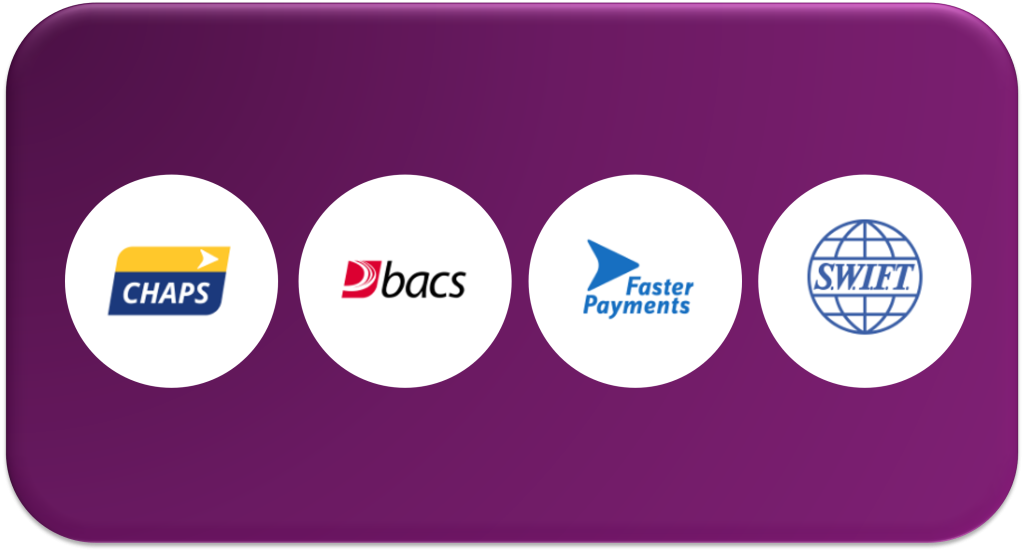
What is a Payment Service Provider (PSP)?
A payment service provider (PSP) is an essential tool for businesses that want to accept digital payments efficiently. PSPs enable transactions between customers and businesses, supporting various payment methods such as credit cards, bank transfers, and digital wallets. With the rapid growth of digital payments, choosing the right PSP can help businesses scale and reach a broader customer base.
How Payment Service Providers Operate
PSPs simplify the payment process by acting as intermediaries between merchants, customers, and financial institutions. Before the rise of PSPs, businesses had to manage direct relationships with banks and credit card companies, often dealing with multiple integrations and compliance challenges. Today, PSPs handle these complexities by providing an all-in-one solution that manages payment authorization, security, compliance, and transaction settlements.
Here’s a step-by-step breakdown of how PSPs facilitate transactions:
-
The customer selects a payment method and enters their details online or in-store.
-
The PSP encrypts and transmits the payment details securely.
-
The payment processor verifies the transaction and seeks approval from the customer’s bank.
-
If the transaction is approved, the merchant is notified.
-
The PSP transfers the funds from the customer’s account to the merchant’s account, typically within a few days.
Key Features to Consider When Choosing a PSP
When selecting a PSP for your business, look for these essential features:
-
Global Payment Capabilities: A good PSP should support multiple currencies and payment methods, allowing seamless international transactions.
-
Easy Integration: The PSP should integrate smoothly with your existing website, eCommerce platform, or point-of-sale system.
-
Fast Settlements: Some PSPs offer quicker transaction processing, ensuring businesses receive their funds sooner.
-
Security & Fraud Prevention: Compliance with security standards like PCI DSS is crucial to protect customer data and prevent fraud.
Advantages of Using a Payment Service Provider
Partnering with a PSP can bring several benefits to your business, including:
-
Expanded Revenue Potential: Accepting multiple payment methods increases your customer base and conversion rates.
-
Cost Efficiency: Many PSPs offer transparent pricing models that help businesses manage transaction costs effectively.
-
Analytics & Insights: PSPs provide reporting tools that help businesses track payments and make data-driven decisions.
Challenges to Keep in Mind
While PSPs offer significant advantages, there are some drawbacks to consider:
-
Transaction Fees & Hidden Costs: Some PSPs charge setup fees, currency conversion fees, and additional service costs.
-
Limited Customization: Certain providers have rigid checkout processes that may not align with your branding.
-
Currency Conversion Costs: Some PSPs convert foreign payments into the merchant’s home currency, potentially leading to unfavorable exchange rates and extra fees.
How to Choose the Right PSP for Your Business
Finding the best PSP requires assessing your business needs:
-
Consider Your Business Model: International businesses may need a PSP with multi-currency support, while local companies might prioritize transaction speed.
-
Look for Customization Options: A flexible PSP allows you to tailor the checkout experience to fit your brand.
-
Evaluate Customer Support: Reliable 24/7 customer support can help resolve payment issues quickly.
Maximizing Business Growth with the Right PSP
A well-chosen PSP can transform your business operations by streamlining payments and improving the customer experience. Whether you’re a small startup or an established enterprise, investing in a PSP that aligns with your needs will help you optimize payment processes and support long-term growth.



